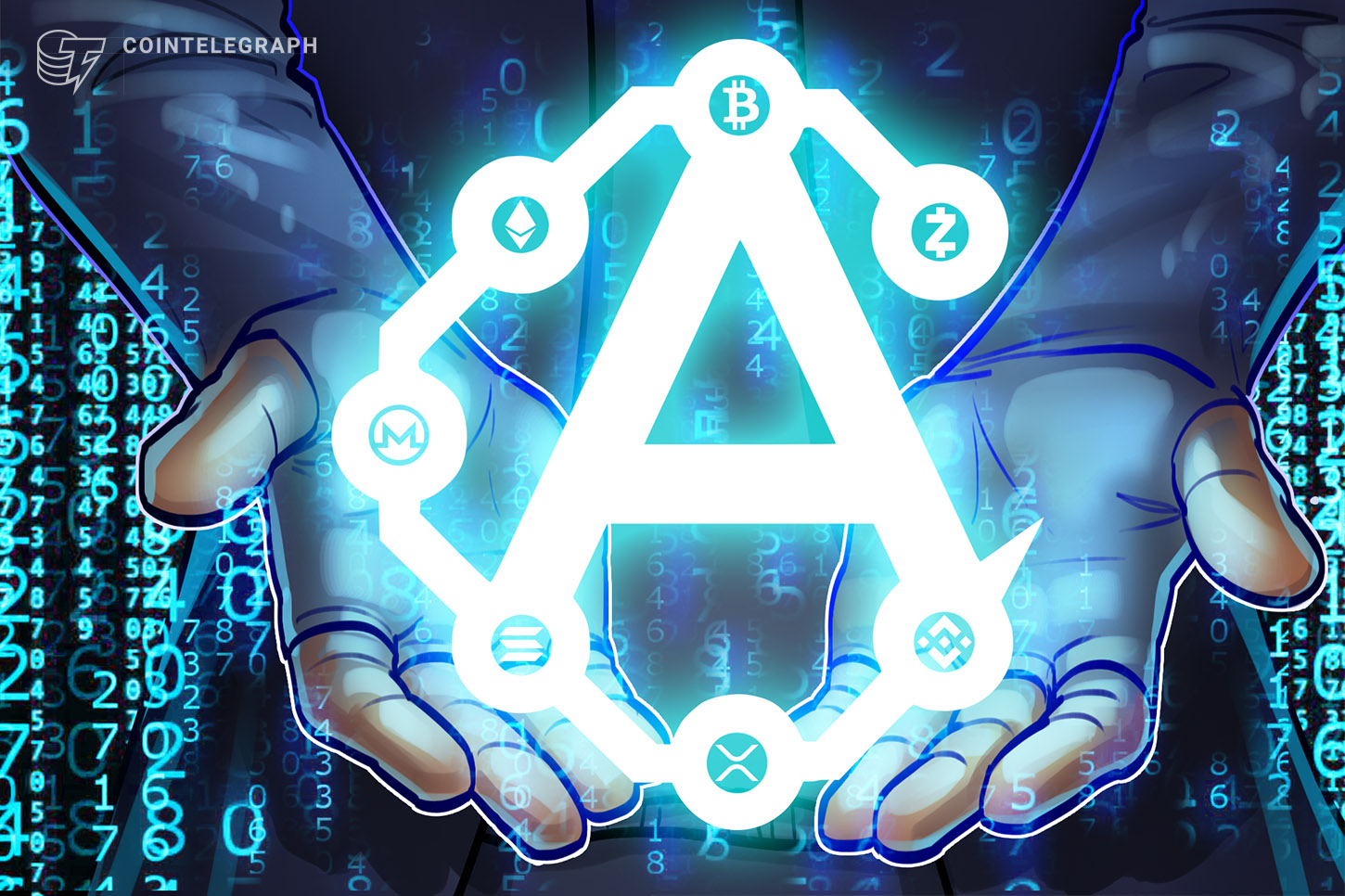The first critique of centralized authority was introduced by Pierre-Joseph Proudhon in 1848, a few years after publishing his now-classic book What i

The first critique of centralized authority was introduced by Pierre-Joseph Proudhon in 1848, a few years after publishing his now-classic book What is Property?, calling for the abolition of property and the state. As per Proudhon’s view, without economic change, any political change would be limited.
His work is at the heart of anarchism, “a political theory that is skeptical of the justification of authority and power,” according to the Stanford Encyclopedia of Philosophy. Almost two centuries later, Proudhon’s thoughts about economics and power still echo in society, with encryption tools paving the way for parts of the ideal society envisioned in his theory.
Cryptocurrencies may be far from its original political principles, but projects reviving cypherpunk values are still thriving. DarkFi is one example. A a multi-chain layer-1 protocol for anonymous applications and smart contracts powered by zero-knowledge proofs.
DarkFi, however, “is not a corporate startup. It’s a democratic economic experiment, an operating system for society,” claims its manifesto. Crypto anarchy, according to DarkFi, “is the tactic of using cryptography to create a space of freedom which cannot be penetrated by power and capital monopolies with coercive force.”
DarkFi’s manifesto also states that:
“The old model of technology is anti-political because it removes ownership from people and places it into the hands of monopoly. The old model encourages passivity and indifference by design, reducing people to consumers.”
Behind the project is a team of anarchist coders, including Amir Taak, an early Bitcoin developer who led the Dark Wallet project before it went dark in 2015, when he vanished from the crypto scene to fight in Syria against the Islamic State of Iraq and the Levant (ISIS), while trying to introduce the local community to Bitcoin.
A group of pseudonymous DarkFi developers spoke with Cointelegraph in an interview about the project testnet and how the crypto industry is evolving among privacy challenges, bad actors, government oversight and politics. This interview has been edited and condensed for clarity.
Cointelegraph (CT): What is DarkFi and what problems does it address in the crypto space?
DarkiFi (DF): DarkFi is a community and a movement trying to create user-empowering systems, enabling an individual to preserve fundamental human rights, like the right to privacy, freedom of speech, and the right to interact with each other without intermediaries. Some of those systems are a Layer-1 blockchain with privacy by default, a peer-to-peer IRC messaging system with encrypted groups and DMs, and even decentralized collaboration tools for organization, task management, etc.
The crypto space has lost its original cypherpunk values, succumbing to state pressure by enforcing sanctions and/or implementing backdoors, so projects can survive. Privacy has become a taboo, which in current conditions often results in violent termination of development, in the name of transparency and prevention of illicit activities. Crypto will split into two – RegFi, unusable and bolted down, and DarkFi, a truly free, decentralized and uncensored paradigm. That’s what we are trying to address, fight back – if you will, to retain the power to the minuteman, not serve individuals on a gold plate at states and mega corporations for fiat profit.
CT: What came first when developing DarkFi, the anarchist crypto vision, or the need of base layer solutions for multi-chain applications?
DF: With DarkFi, we want to build anonymous and secure crypto. Like what Monero and Zcash are for money, DarkFi is for apps/smart contracts. We felt there is a large market and need for being able to develop decentralized and anonymous financial applications. This has not been possible until now.
“The crypto space has lost its original cypherpunk values, succumbing to state pressure by enforcing sanctions and/or implementing backdoors, so projects can survive. Privacy has become a taboo.”
We believe with privacy by default and maximum anonymity, we will enable people to organize and act in much safer spaces and ecosystems. We are also very inspired by Richard Stallman and the free software movement, which is also why (unlike most other crypto things) DarkFi is fully licensed with the GNU AGPL license, and we follow the free software philosophy.
CT: How can encryption technologies contribute to a balanced environment between personal freedom, government oversight and avoid bad actors at the same time?
DF: Encryption technologies’ purpose is to enable users to “hide stuff in plain sight.” Oversight, government or otherwise, contradicts this, as it enables 3rd parties to “sniff” on what’s inside. Individuals shouldn’t give up the control of their freedom, especially to a government, which supposedly should work for the individual, not the other way around. By using these technologies, users are able to protect themselves against bad actors, trying to track them for…
cointelegraph.com
